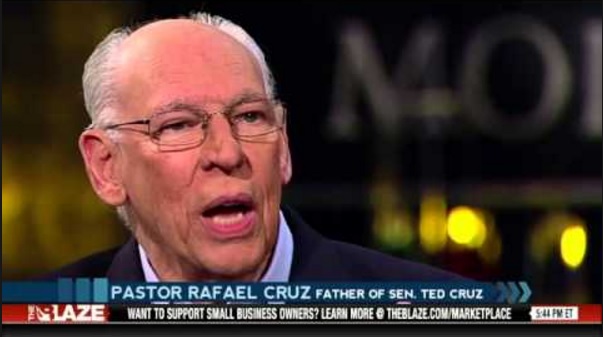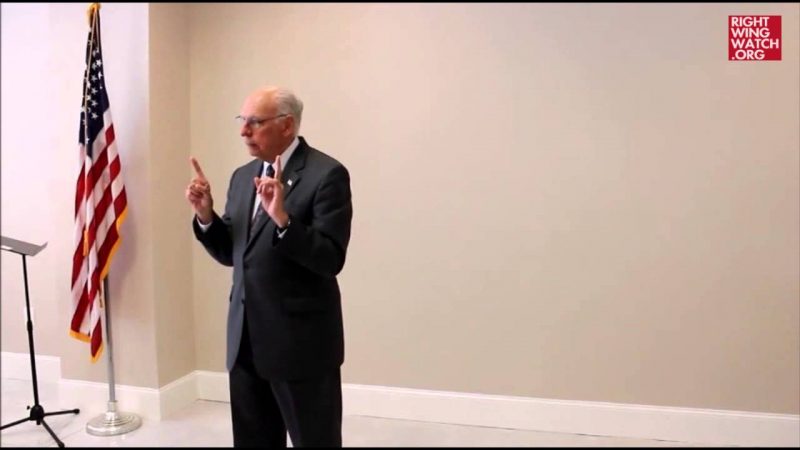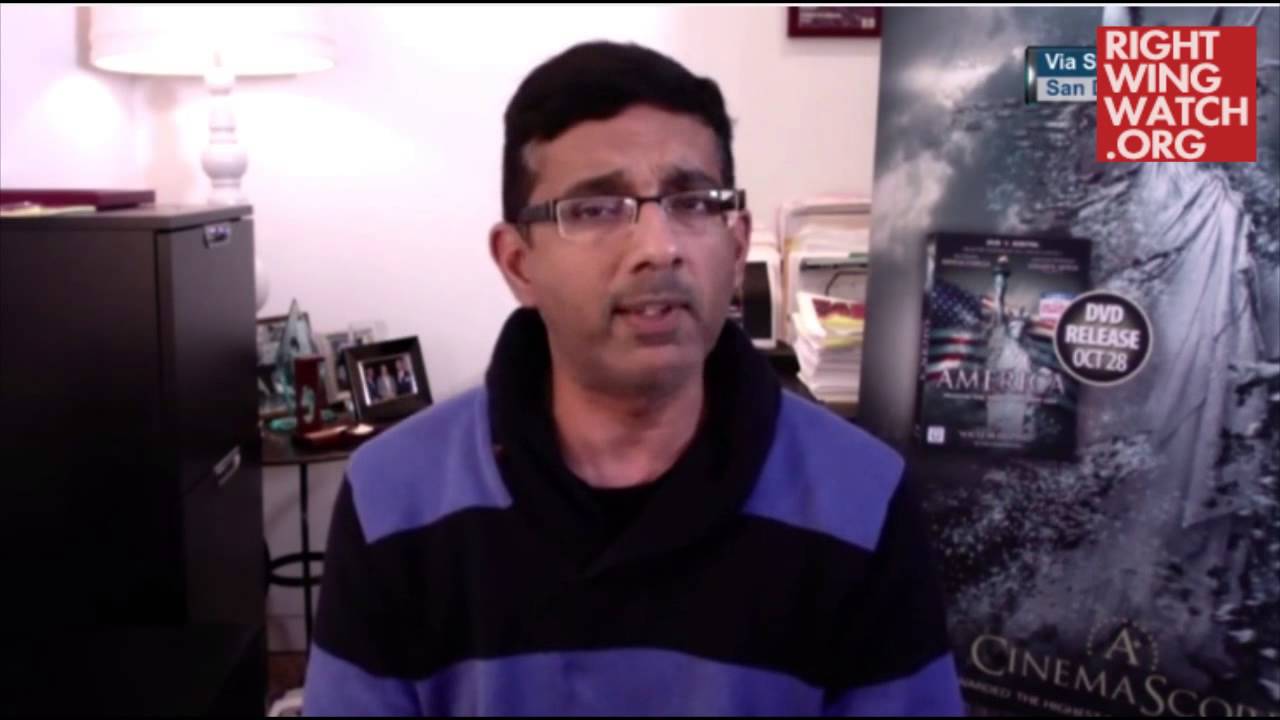Last Saturday, right-wing pundit and propagandist filmmaker Dinesh D’Souza was married in a ceremony that was reportedly to include “prominent players in conservative politics.” Among them was the celebrant, presidential candidate Ted Cruz’s father and campaign surrogate Rafael Cruz, whose fiery rhetoric on the campaign trail has given him folk-hero status among the Religious Right.
D’Souza has spent time on the moral values high horse. In his absurd and reprehensible 2007 book “The Enemy At Home: The Cultural Left and Its Responsibility for 9/11,” D’Souza lumped divorce and homosexuality together as “liberal family values” that offend the Muslim world. He declared that acceptance of divorce is one of the changes in America that “reflect the triumph of liberal morality, the morality of the inner self.’”
In his book, “A Time for Action: Empowering the Faithful to Reclaim America,” Rafael Cruz called the Supreme Court’s marriage equality ruling “one of the biggest signs of our country’s moral degradation” and decried “secular humanists” for rejecting the idea of moral absolutes:
Everyone, then, feels entitled to establish his or her own standards by which to live. This has given rise to the attitude “if it feels good, do it,” the pursuit of hedonism, immoral or chaotic behavior, greed, and even a life of crime.
On the campaign trail for his son, Rafael Cruz insists that there are moral absolutes that run in opposition to the values of “tolerance”:
“So we’re supposed to prostitute our principles on behalf of tolerance,” Rev. Cruz said.
“Well, I’ll tell you what. There are absolutes. There are absolutes,” he emphasized. “Start being biblically correct instead of politically correct.”
Many conservative evangelical and Catholic leaders teach that divorce is not, except in particular circumstances, “biblically correct.” According to the biblical book of Matthew, Jesus said divorce was unacceptable except in the case of a spouse’s sexual immorality; in the books of Mark and Luke, Jesus is quoted saying that someone who divorces and remarries is committing adultery.
D’Souza is a questionable icon for so-called traditional values. He resigned as president of King’s College in 2012 after a scandal over his traveling with, and calling himself engaged to, a woman while he was still married to his first wife. When called out on his behavior by a conservative reporter, D’Souza apparently lied about having filed for divorce, said he had “done nothing wrong” and proclaimed that he was sure that the woman with whom he was having an affair was “the one for me.” D’Souza pleaded guilty in 2014 to criminal campaign finance law violations in which he reportedly used both his then-wife and then-mistress as straw donors to a friend’s political campaign. Since then he has consistently portrayed himself as the victim of a political vendetta.
The twice-divorced Rafael Cruz officiating at D’Souza’s wedding — the second marriage for both bride and groom — is one more example of how flexible the Religious Right’s “moral absolutes” about marriage can be when they hit close to home, or when they involve a political ally such as Newt Gingrich or Rush Limbaugh.
And that makes it easy to understand why fewer and fewer Americans are buying the Religious Right’s argument that its conveniently flexible “moral absolutes” justify overriding the constitutional principle of equality under the law and denying loving same-sex couples and their families the ability to protect their commitments through marriage.







